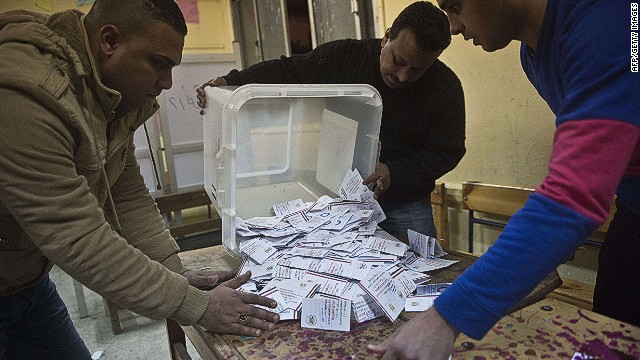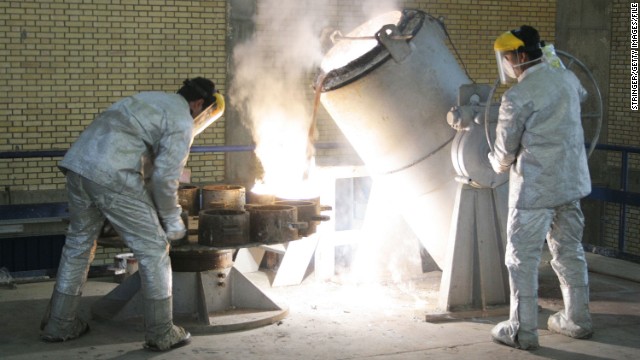By Darrin Simmons
Impunity Watch Reporter, Middle East
U.S. Secretary of State John Kerry has made an unscheduled statement on Thursday to address the necessity of participation in next week’s peace talks. The U.S. has accused the Syrian government of “revisionism” by characterizing the peace talks as tackling terrorism instead of the departure of President Bashar al-Assad.
Kerry’s intervention follows a letter sent by Syria’s foreign minister that questions the initial agenda which is aimed at ending the three-year civil war. He is expected to arrive on the eve of a crucial meeting by the Syrian Opposition Coalition on Friday which is still deciding whether to attend the peace talks.
Walid al-Muallem, Syria’s foreign minister, stated in a letter to the UN Secretary General Ban Ki Moon, “It should be noted that we do not agree with certain points mentioned in the letter of invitation, simply for the reason that they are in conflict with the legal and political position of the State of Syria
Kerry noted that the letter appears to have prompted anger in Washington where diplomats are anxious to see that the talks are not disrupted or that further rebel groups choose not to attend.
Kerry further stated that the talks were expected to establish “a process essential to the formation of a transition government body-a governing body with full executive powers established by mutual consent.”
“That sole purpose could not have been more clear at the time it was announced and it could not be more clear today,” added Kerry. “It has been reiterated in international statement after international statement that the parties have signed up to and venue after venue, in resolution after resolution.”
U.S. State department spokeswoman Jen Psaki stated that Syria’s letter to the UN was a “good example” of what Kerry has been referring to.
The odds of three peace talks causing a breakthrough in the long and bloody civil war are slowly dwindling. Growing concern in Europe and the U.S. about the role of Islamic extremists in the rebellion is starting to prove that the peace talks won’t be as effective as needed.
However, Kerry has insisted that selecting new mutually agreed upon leaders in the conflict was the only way of to ensure that Syria did not continue to attract more extremists. “We too are deeply concerned about the rise of extremism,” he said.
Ali Haider, the national reconciliation minister, “The solution has begun, and will continue through the military triumph of the state … and through the staying power and resilience of the state and all its institutions, in the face of its enemies who were betting on its collapse.”
For more information, please see the following:
Al Jazeera-Kerry urges all sides to attend Syria talks-17 January 2014
BBC-John Kerry urges Syria opposition to attend talks-17 January 2014
Guardian-John Kerry urges Syrian rebel groups to attend upcoming peace talks in Geneva-17 January 2014
Reuters-U.S. urges Syria rebels to attend peace talks, slams government-17 January 2014


